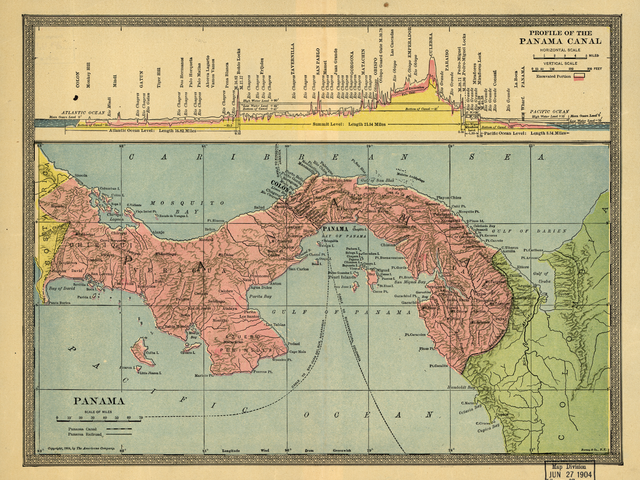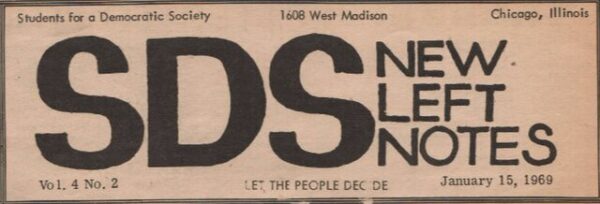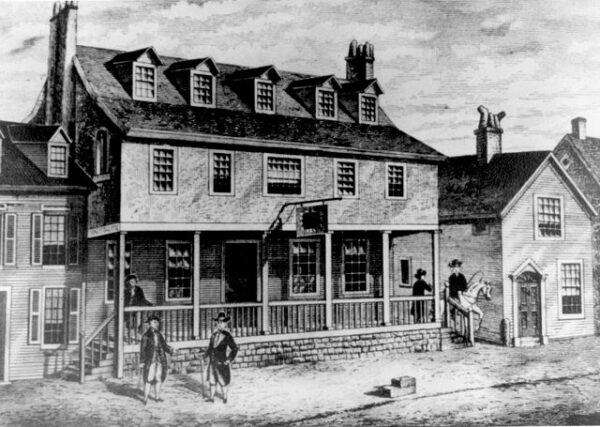On November 18, 1903, the United States secured sweeping control over a ten-mile-wide corridor in Panama, completing an agreement that cleared the way for construction of an interoceanic canal and placed the strategic waterway under near-total American authority. The Hay–Bunau-Varilla Treaty, signed in Washington…
Read MoreOn November 17, 2019, a 55-year-old resident of Hubei Province sought medical attention for an unusual respiratory illness after visiting a market in Wuhan. At the time, the episode attracted no broader notice. China’s vast health-care system regularly confronts flurries of seasonal pneumonias—nothing about…
Read MoreThe French Revolution’s descent into ideological fury was neither sudden nor unforeseeable; its logic of purification had been incubating for years. By the autumn of 1793, as the radical Jacobin government tightened its grip on the Republic, the revolutionary promise of liberty and citizenship…
Read MoreOn November 15, 1842, before dawn at Webbers Falls in the Cherokee Nation, a group of enslaved men, women, and children made a collective decision that would reverberate across Indian Territory. They locked their Cherokee owners in their homes, seized guns and ammunition, gathered…
Read MoreOn a damp, gray Tuesday evening that did little to distinguish itself from any other in the British capital, a quiet technological revolution began. At precisely 6:00 p.m., the British Broadcasting Company — a consortium of leading wireless manufacturers — officially launched its first…
Read MoreOn November 13, 1982, the lights of Caesars Palace glared down upon the ring as WBA lightweight champion Ray “Boom Boom” Mancini stepped forward to defend his title against South Korea’s young challenger, Duk Koo Kim. What unfolded that night was one of the…
Read MoreVoyager 1’s close encounter with Saturn on November 12, 1980, marked a decisive turning point in humanity’s study of the outer solar system—a moment when a 1,800-pound machine, flung from Earth three years earlier, delivered images and measurements that fundamentally redefined scientific understanding of…
Read MoreOn November 11, 1967—at a moment when the Vietnam War had already metastasized from a military conflict into a sprawling contest over national resolve—the Viet Cong staged one of the most striking propaganda rituals of the era. In Phnom Penh, Cambodia, three American prisoners…
Read MoreThe creation of the United States Marine Corps on November 10, 1775, at Philadelphia’s Tun Tavern stands as one of the most durable institutional legacies of the American Revolution. Conceived in the early weeks of the war—when the Continental Congress urgently sought to build…
Read MoreThe events of November 9, 1307, sit at the center of one of medieval Europe’s most enduring political dramas: the suppression of the Knights Templar. On that day, Hugues de Pairaud—one of the order’s highest-ranking officers in France—was compelled under duress to issue a…
Read More










